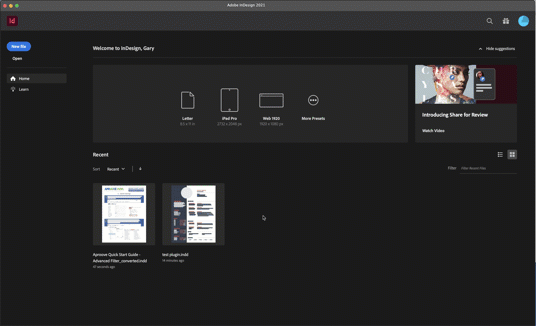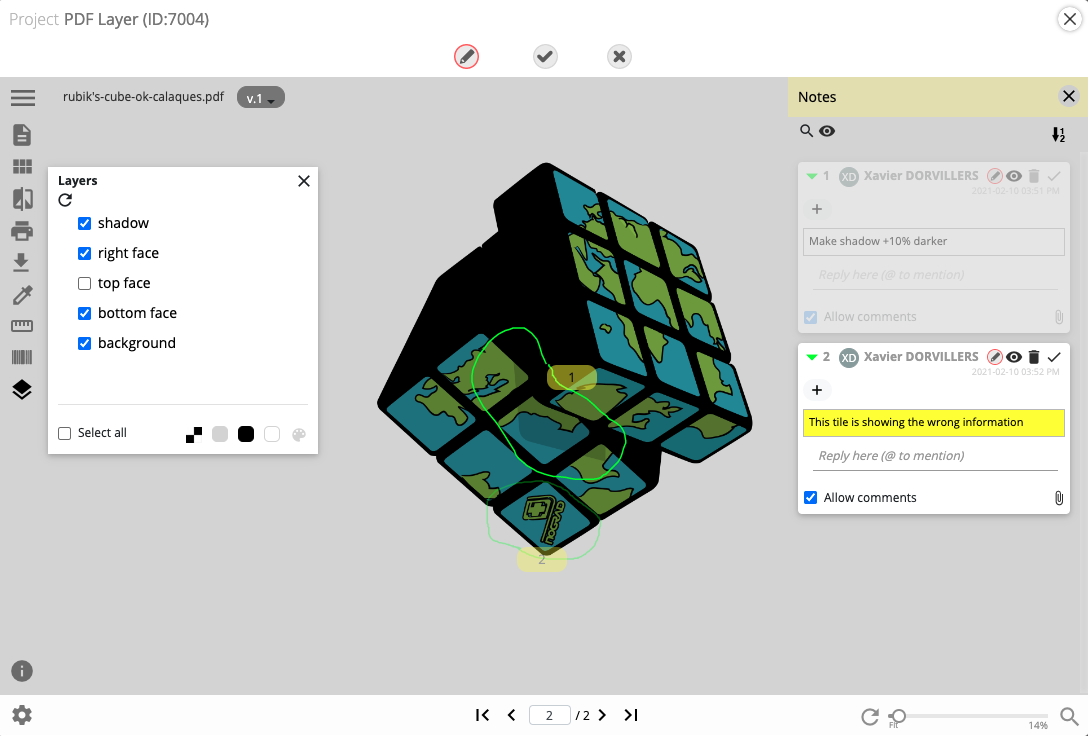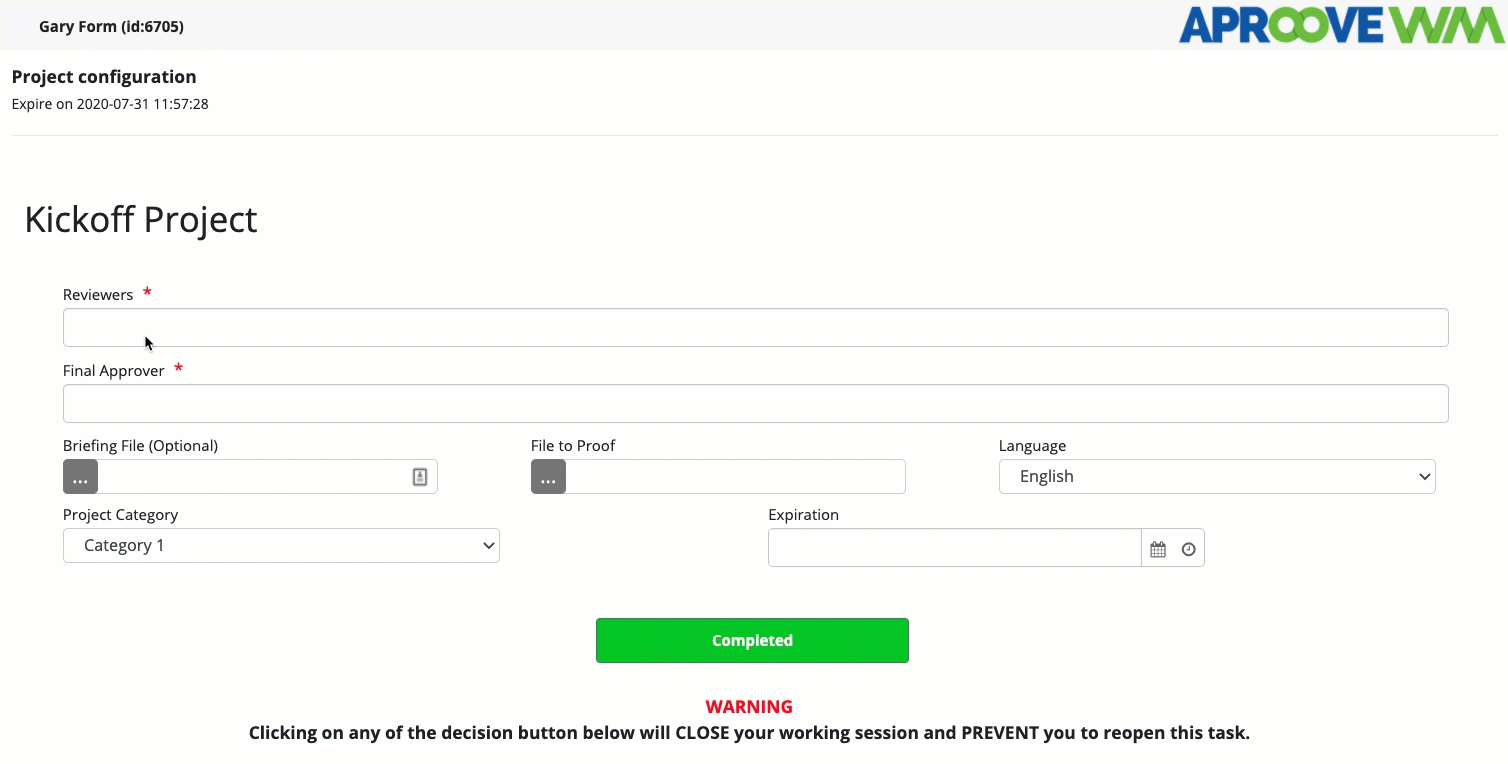Aproove's 2022/R5 Maintenance Release containing some Bonus Features!
.gif)
.gif)
Aproove's 2022/R5 Maintenance Release containing some Bonus Features!
September 28, 2022 9:45:54 AM EDT
3
min read
Aproove's latest release 2022/R4 brings a New Interface


Aproove's latest release 2022/R4 brings a New Interface
July 22, 2022 10:03:22 AM EDT
6
min read
Instant Messaging & Sub Task Delegation in our HUGE new 2022/R3 release!


Instant Messaging & Sub Task Delegation in our HUGE new 2022/R3 release!
May 6, 2022 5:43:25 AM EDT
8
min read
Aproove Version 2022/R2 Is Released!


Aproove Version 2022/R2 Is Released!
February 21, 2022 9:45:45 AM EST
4
min read
New Year, New Release! Aproove Version 2022/R1 is here!


New Year, New Release! Aproove Version 2022/R1 is here!
January 11, 2022 5:42:40 AM EST
6
min read
Major Release (2021/R5) of Aproove Work Management featuring Video Proofing!

Major Release (2021/R5) of Aproove Work Management featuring Video Proofing!
October 26, 2021 12:19:03 PM EDT
2
min read
How Kroger Transformed Promotional Execution with Aproove!


How Kroger Transformed Promotional Execution with Aproove!
October 14, 2021 7:50:00 AM EDT
3
min read
2021/R4 Aproove WM core updates to improve speed and performance!


2021/R4 Aproove WM core updates to improve speed and performance!
July 23, 2021 3:18:44 AM EDT
4
min read
Announcing PDF Layer Support in the Review Interface!


Announcing PDF Layer Support in the Review Interface!
February 12, 2021 3:16:20 AM EST
2
min read
AWM Major Launch Announcement July 2020


AWM Major Launch Announcement July 2020
July 20, 2020 7:46:21 AM EDT
4
min read
Introducing Note Tags!


Introducing Note Tags!
July 17, 2020 1:03:27 PM EDT
3
min read
Introducing AprooveWM Forms


Introducing AprooveWM Forms
July 17, 2020 4:57:07 AM EDT
3
min read
